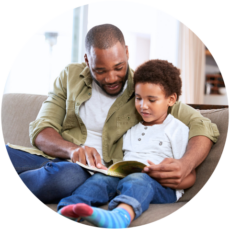
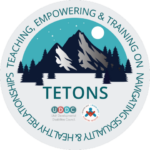
Healthy Relationships Start in Early Childhood
Teaching body awareness, personal boundaries, and understanding family structures is essential for parents of children with disabilities, as it lays the groundwork for healthy relationships. Start by helping your child learn the correct names for body parts to promote self-advocacy and safety. Discuss differences between genders in a simple, factual manner to foster respect and understanding. It’s equally important to introduce concepts like personal space and consent, emphasizing that “it’s okay to say no to unwanted touch.” This empowers children to assert their boundaries confidently.
Exposing your child to various family structures can also nurture empathy and acceptance of diversity. By integrating these lessons into everyday conversations and activities, you equip your child with the tools to navigate social interactions successfully, helping them develop respectful, positive relationships throughout their lives. Your support and guidance are crucial in this journey, enabling your child to thrive in a diverse world.
You don’t have to face these conversations with your child alone. It can be difficult to bring up these topics, especially when caregivers have a history of unhealthy relationships and were not taught these lessons as a child. Below are some books, and videos to start conversations with your young children.
Media:
- Daniel Tiger “O Gives Daniel Space”, PBS Kids
- Puss in Boots “The Adventure of the Most Wanted Cat” on Netflix
- Bluey “The Decider” on Disney+
- Harrison P. Spader, Personal Space Invader. Read Aloud kids’ book, YouTue
Books:
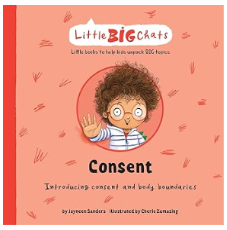
Consent: Introducing consent and body boundaries
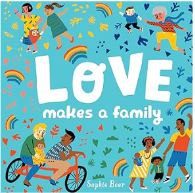
Love Makes a Family
By:Sophie Beer
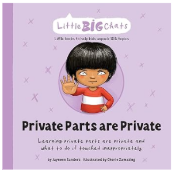
Private Parts are Private: Learning that private parts are private and what to do if touched inappropriately
By:Jayneen Sanders
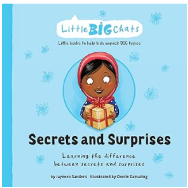
Secrets and Surprises: Learning the difference between them.
By:Jayneen Sanders







